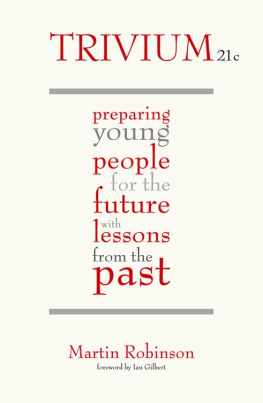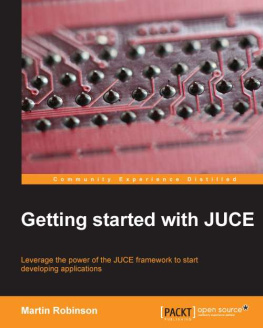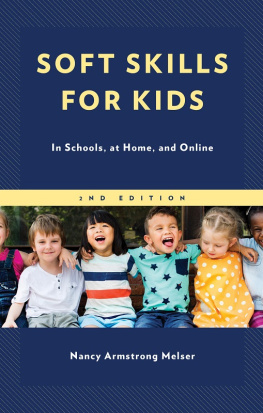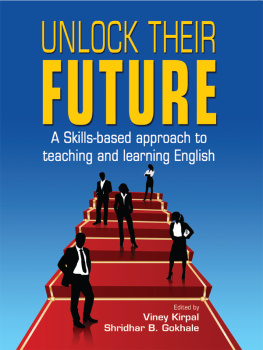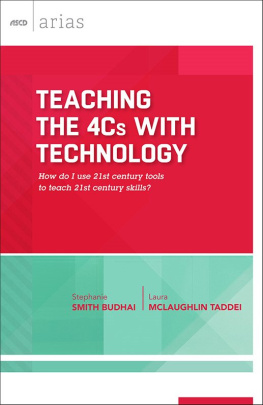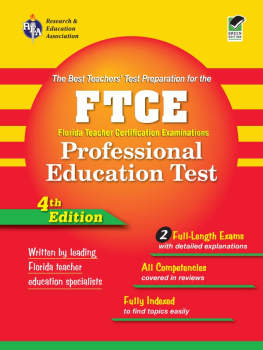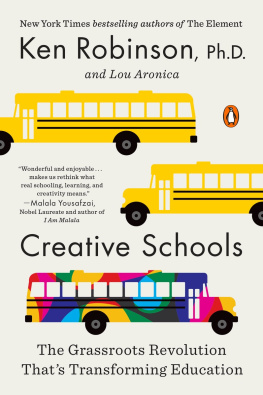Martin Robinson - Trivium 21c: Preparing Young People for the Future with Lessons From the Past
Here you can read online Martin Robinson - Trivium 21c: Preparing Young People for the Future with Lessons From the Past full text of the book (entire story) in english for free. Download pdf and epub, get meaning, cover and reviews about this ebook. year: 2013, publisher: Independent Thinking Press, genre: Religion. Description of the work, (preface) as well as reviews are available. Best literature library LitArk.com created for fans of good reading and offers a wide selection of genres:
Romance novel
Science fiction
Adventure
Detective
Science
History
Home and family
Prose
Art
Politics
Computer
Non-fiction
Religion
Business
Children
Humor
Choose a favorite category and find really read worthwhile books. Enjoy immersion in the world of imagination, feel the emotions of the characters or learn something new for yourself, make an fascinating discovery.
- Book:Trivium 21c: Preparing Young People for the Future with Lessons From the Past
- Author:
- Publisher:Independent Thinking Press
- Genre:
- Year:2013
- Rating:4 / 5
- Favourites:Add to favourites
- Your mark:
Trivium 21c: Preparing Young People for the Future with Lessons From the Past: summary, description and annotation
We offer to read an annotation, description, summary or preface (depends on what the author of the book "Trivium 21c: Preparing Young People for the Future with Lessons From the Past" wrote himself). If you haven't found the necessary information about the book — write in the comments, we will try to find it.
Universities in the Middle Ages focused on three skills to develop the intellectual abilities of students, one - grammar, two - logic, and three - rhetoric. In this well-researched and fascinating work discover how these three tenets are as relevant in education today as they were eight hundred years ago.
Martin Robinson has taught for twenty years in state schools in London, as a teacher, head of department, head of faculty, assistant head teacher, and AST. Hes now an entrepreneur, company director, and playwright interested in developing creativity in schools.
Education policy and practice is a battleground. Traditionalists argue for the teaching of a privileged type of hard knowledge and deride soft skills. Progressives deride learning about great works of the past, preferring soft 21st century skills such as creativity and critical thinking. By looking at the great thinkers from Ancient Greece to the present day and through interviews with opinion formers, policy makers and practitioners, including Alain de Botton, Daniel T. Willingham, Matthew Taylor and Elizabeth Truss MP, this book explores whether a contemporary trivium (Grammar, Dialectic and Rhetoric) can unite institutions, teachers, politicians and parents in the common pursuit of providing a great education for our children in the 21st century.
Martin Robinson sets out on a quest to discover the kind of education he wishes for his daughter and we all learn a great deal in the process. I love his writing: wise, well informed, provocative, thinking-out-loud. Robinson engages his reader from first to last. A terrific feat.
Melissa Benn, writer and author of School Wars: The Battle for Britains Education
Trivium 21c is essential reading for all educators and observers of the seemingly endless public debate about education who wish to go beyond simplistic polarities and find a way to integrate and relate in a historical context seemingly contradictory approaches.
Ian Bauckham, Head Teacher and President,
Association of School and College Leaders (ASCL) 2013-14
In schools today a focus on contemporary relevance too often trumps educational depth. Martin Robinson makes a compelling case that turning instead to the tradition of the liberal arts can open the minds of a new generation.
Marc Sidwell, co-author of The School of Freedom, Managing Editor City A.M.
For the open-minded reader there is much to learn. I agree with Robinson that for students to acquire a sound blend of knowledge, questioning expertise, and communication skills (i.e. the trivium) is the basis of a great education.
Dr Jacek Brant, Head of Curriculum, Pedagogy and Assessment (CPA), Senior Lecturer in Business Education, Institute of Education, University of London
Anybody interested in education, citizenship, or how we want our children to learn would find this a thought-provoking read.
Sunder Katwala, Director of British Future, the independent think tank
After 20 years working in London in state schools as teacher, head of department, AST, senior leader and QCA associate with a focus on creativity Martin Robinson is now a parent, writer and consultant with an interest in how the arts should influence education.
Martin Robinson: author's other books
Who wrote Trivium 21c: Preparing Young People for the Future with Lessons From the Past? Find out the surname, the name of the author of the book and a list of all author's works by series.

